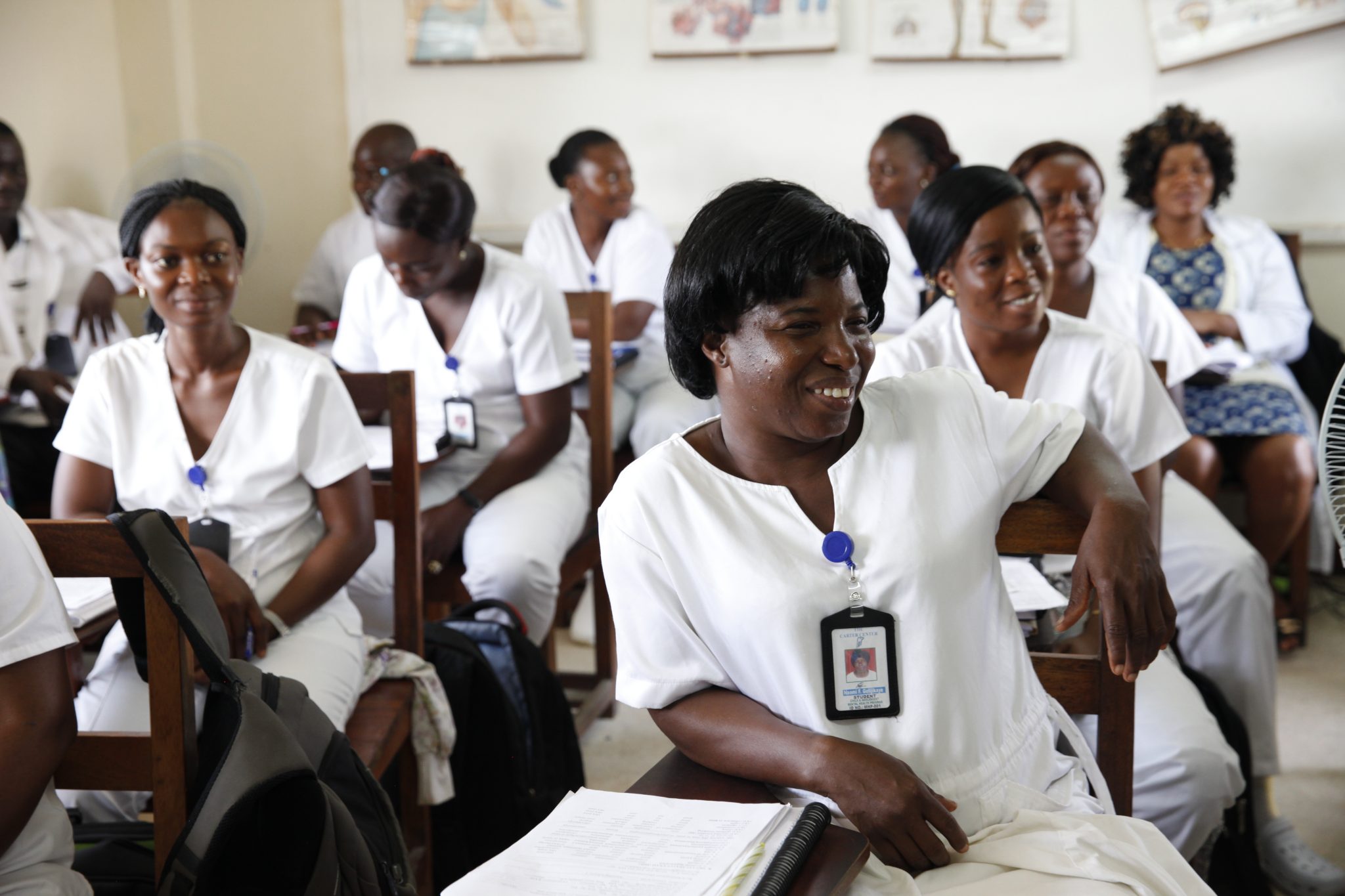
With the corona pandemic, Africa’s health care system is facing the greatest challenge in a generation. But it is also a huge economic challenge: The UN warns that the number of people threatened by famine might double. The Stay Foundation accepts the challenge: Members of our networks of social enterprises in Uganda, Kenya and Rwanda have quickly launched aid programmes. They pursue two goals: Firstly, to curb the spread of the disease. Secondly – and even more importantly, to contain the economic devastation.
Local initiatives break infection chains
Protection against the deadly coronavirus seems easy: Wash your hands. But 700 million people in Africa have no access to running water. They cannot even wash their hands to protect themselves from the disease.
First comes the virus, then the hunger
Rose Mutesi, chairperson of the Stay Alliance Rwanda, describes the economic plight of many: “This lockdown especially affects those involved in casual labour who normally eat when they have worked. Since they don’t work nowadays they can’t get food. Besides, most businesses are closed including small scale ones and due to bank loans which they have been paying every month without saving, today getting food among these people is a problem.”
So she and her colleagues with Stay Alliance Rwanda quickly organized 1.5 tons of rice, beans and maize for destitute families in the heavily affected Kicukiro district. She used her good connections to the local authorities and handed the bags over to the district administration for further distribution.
Only income protects for good
